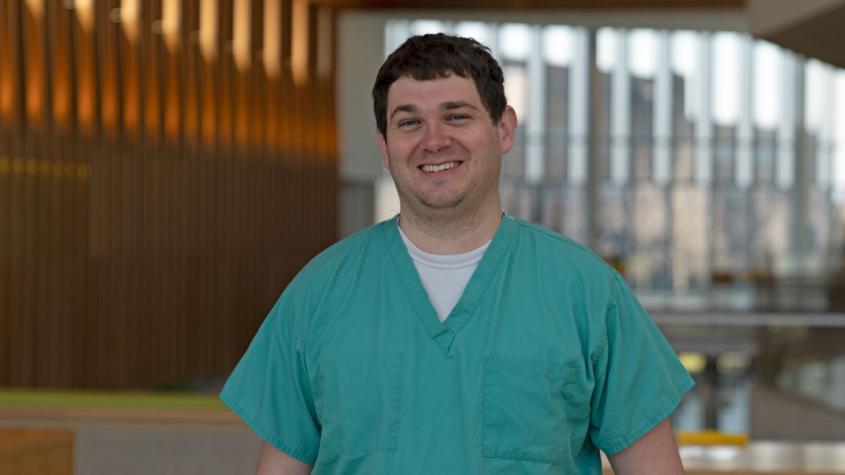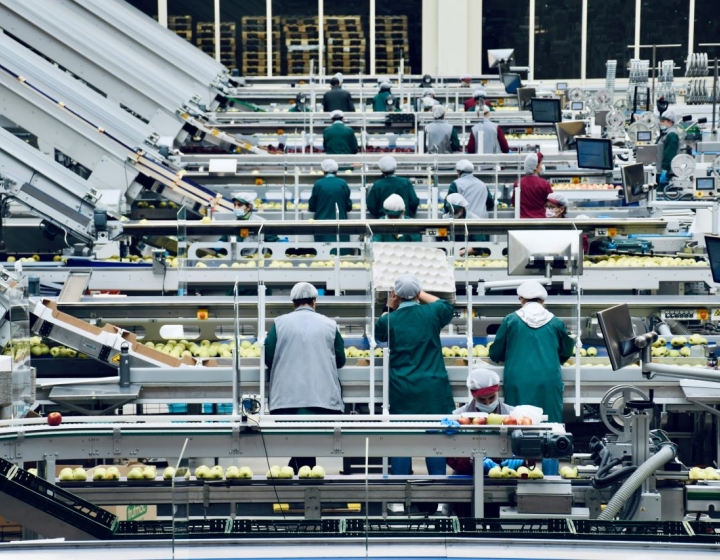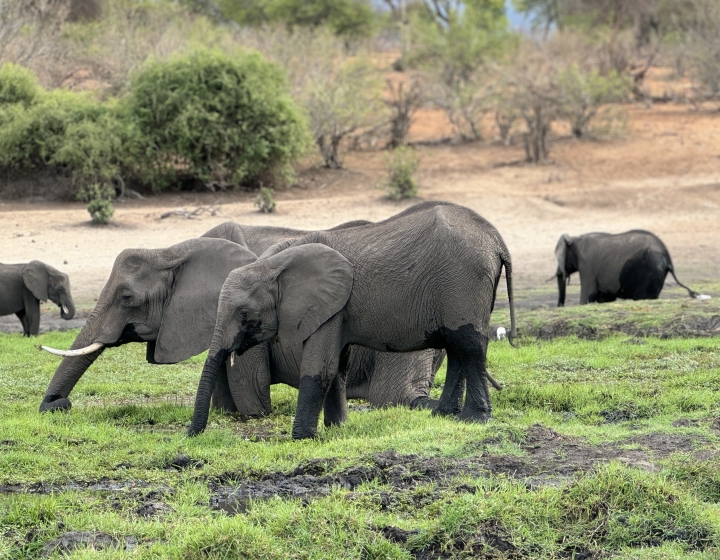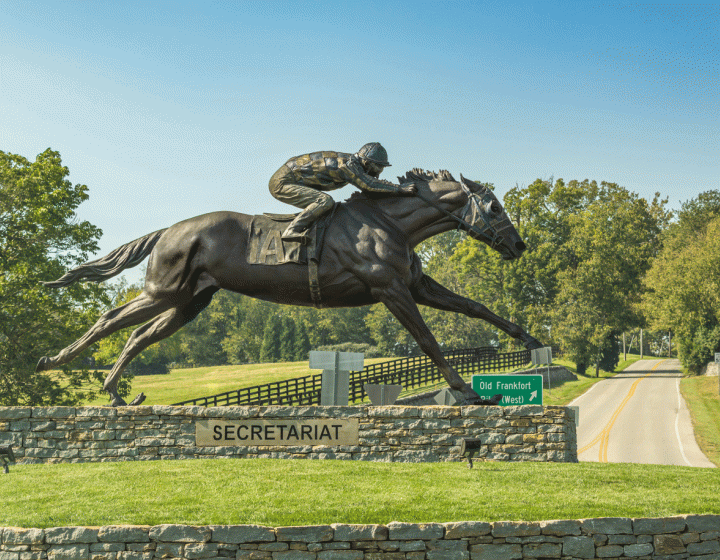New faculty profile: Dr. Daniel Lopez
The Cornell University College of Veterinary Medicine (CVM) has recently welcomed many new faculty members to our academic departments, each one bringing a unique set of skills and experience that enriches our college every day. In this Q&A series, you'll get to know their interests, expertise and more.
Daniel Lopez ’12, D.V.M. ’16, assistant clinical professor in small animal surgery
Q: What has been your career path leading up to Cornell?
A: I initially completed my undergraduate degree in the animal science program at the Cornell University College of Agricultural Sciences in 2012 and entered the Cornell University College of Veterinary Medicine with the intent of practicing dairy medicine. However, during my clinical year and much to my surprise, I found my passion for small animal surgery. I left Cornell to complete a small animal rotating internship at the Ontario Veterinary College at the University of Guelph in 2016 and returned to Cornell to complete my small animal surgical residency. I was fortunate to accept a position as an assistant clinical professor of small animal surgery in the Department of Clinical Sciences in July of 2020.
Q: What drew you to CVM?
A: Having trained primarily at Cornell, I was eager to give back to the university and the students who aided me in achieving my goals. In addition, I met my wife in Cornell as an undergraduate and our children are named after prominent Cornell figures. We had an opportunity to pursue an academic position at another prominent university, but Cornell always felt like home and it was an easy choice.
Q: What is your clinical area of expertise?
A: Currently I practice both soft tissue and orthopedic surgery, with my primary area of interest focusing on student and resident training. I also enjoy collaborating on research projects with other faculty members, with recent publications relating to intestinal dehiscence, hepatocellular carcinoma and feline megacolon.
Q: What drew you into this area? Any specific experiences, mentors or influences that helped guide you?
A: At the start of veterinary school, I never thought I would be practicing small animal surgery. However, after working with Dr. Rory Todhunter and Dr. Kei Hayashi in orthopedics during my clinical rotations, I found my love of small animal surgery. I was fortunate to have multiple mentors throughout my residency that have developed me into the clinician I am today. I hope to continue to portray the passion for education of Dr. James Flanders, the quirkiness and level-headedness of Dr. Julia Sumner, the immense kindness of Dr. Todhunter, the patience of Dr. Hayashi and the clinical diligence and competence of Dr. Ursula Krotscheck.
Q: What impacts or applications do you hope to see your work have on the world, human/animal/planetary health?
A: I hope that my work aids students in realizing what it means to be a “doctor,” to highlight the mountains previous clinicians have climbed before us and how being a doctor is a privilege, not a right. The opportunities in veterinary medicine are so vast, and so I hope my story encourages students to follow their passions and find enjoyment and pride in their work. While I think it would be cool to develop an innovation that impacts human or animal health, I think it is “cooler” to have trained the student, intern or resident who makes that innovation.
Q: What scientific or clinical questions are you looking to answer next or areas you plan to explore?
A: My hope is to continue to collaborate on research that focuses on evidence-based medicine that provides justification to our current practices. Potential future research includes justification of elbow arthroscopy, evaluation of pain management protocols or impact of training interventions in veterinary students/residents.
Q: What’s something most people don’t know about you?
A: Although it has now been a few years secondary to the pandemic, I enjoy playing ice-hockey.
Q: What’s the best part of being a clinician?
A: The best thing about being a clinician is that all of your previous training and mentors’ influences grant you the ability to make a difference in a patient’s life. These opportunities are not as frequent as might be perceived by the public, but when they occur, they make all of the previous efforts necessary for training worth it.
Q: What’s the most challenging part?
A: The most challenging part of being a clinician is when things go wrong or not as expected. The inability to return a family member back home is something that haunts clinicians for the remainder of their careers.
Q: What are the benefits of working at CVM? At Cornell?
A: The primary benefit comes from the ability to work with multiple different disciplines. I really get a large amount of enjoyment in working with other services and aiding them in achieving success with their patients. We are fortunate to have many brilliant clinicians and having the ability to practice the highest quality of medicine by incorporating multiple specialties is the greatest benefit.






